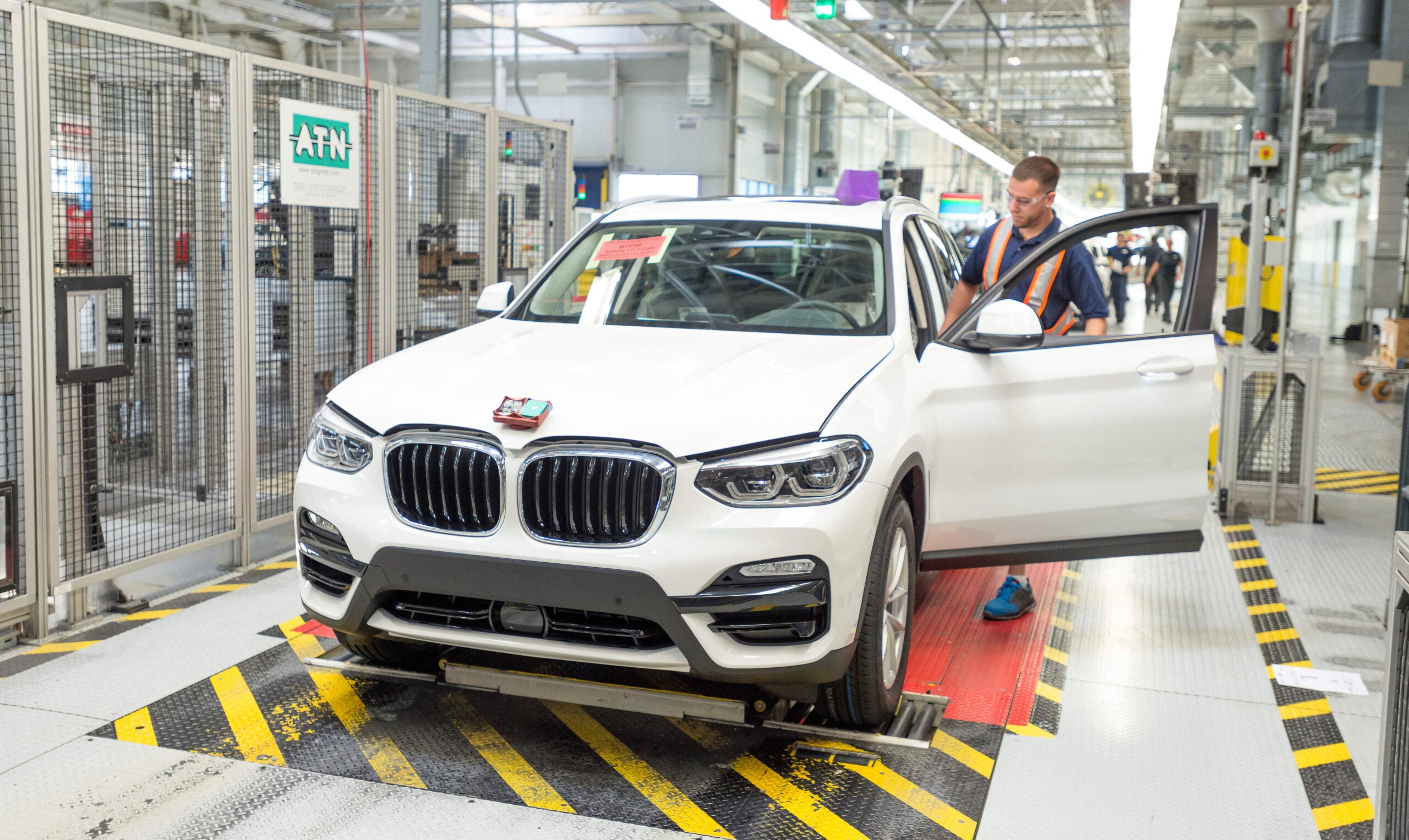
BMW’s financial services arm saw profits rise in the third quarter of 2017, despite a setback in earnings for the wider group.
Financial services’ profit before tax totalled €609m, up 7.2% year-on-year. This was despite a fall in new contracts with retail customers, which shrank 7% to 435,000 contracts.
The growth in financial services partially offset a -7.4% fall in pre-tax profits for the automotive segment.
Across the wider group, revenues for Q3 were €23.4bn (£20.5bn), around the same as the previous year, with net profits ultimately falling 1.8%, to €1.7bn.
Nevertheless, stronger results in the previous two quarters meant that year-to-date profits were still up 8% to €6.1bn after tax.
Sales for electric vehicles grew notably over the first three quarters of 2017. In the nine months to September, volumes were up 64.2%, to 68,600 units. They accounted for 4.4% of group sales in the year-to-date, up from 2.8% in 2016.
How well do you really know your competitors?
Access the most comprehensive Company Profiles on the market, powered by GlobalData. Save hours of research. Gain competitive edge.

Thank you!
Your download email will arrive shortly
Not ready to buy yet? Download a free sample
We are confident about the unique quality of our Company Profiles. However, we want you to make the most beneficial decision for your business, so we offer a free sample that you can download by submitting the below form
By GlobalDataDespite the slowdown in Q3, Harald Krüger, chairman of the board of management, said the group was confident it would meet it full-year targets. However, he added that “the business environment is still marked, to a large extent, by volatility and uncertainty. In all markets, there is fierce competition for every customer and every leasing contract.
“From the new German government, we would welcome open and constructive discussions regarding important future topics. It is in all our interests to enable Germany to pioneer new technologies.
On the group’s efforts in research and development, he added that, due to regional imbalances in the global shift towards sustainable mobility, BMW would adapt its production processes to ensure flexibility.
“We are creating flexible architectures and using modular construction kits. This will give us the flexibility to build electric drive trains, plug-in hybrids and efficient combustion engines at our plants, based on demand, from 2020.”
Finally, he reiterated the group’s objective of introducing 25 new electrified models in 2025, 12 of which will be fully electric.







